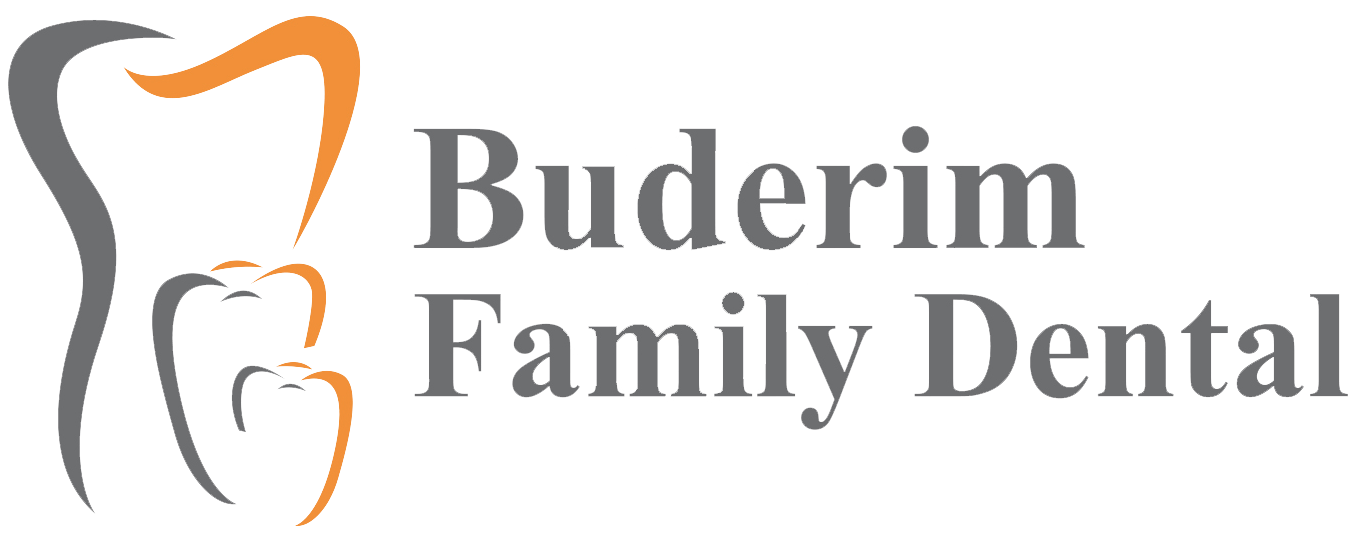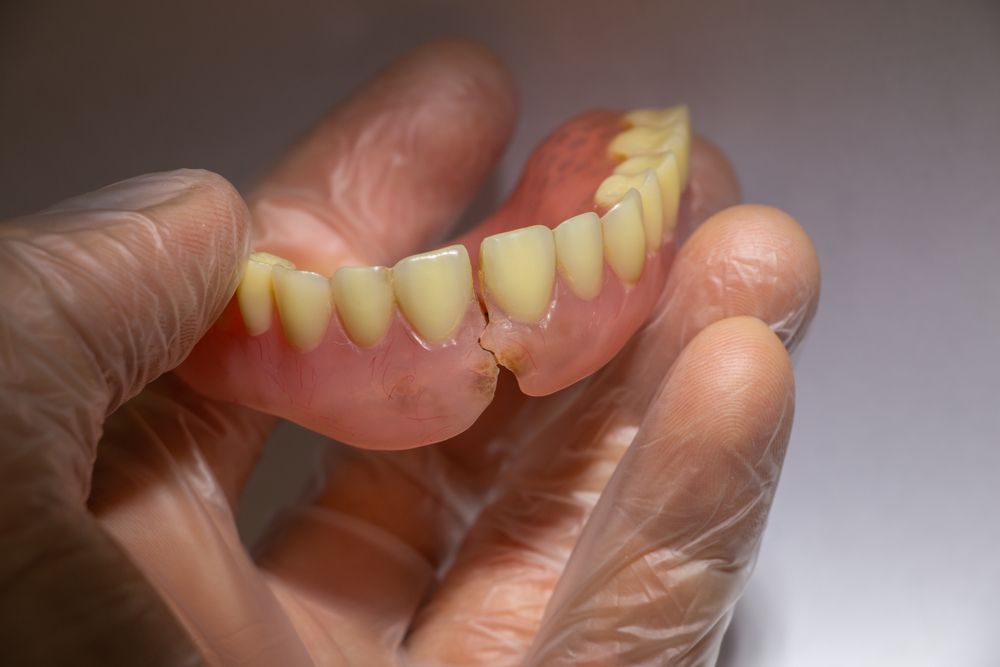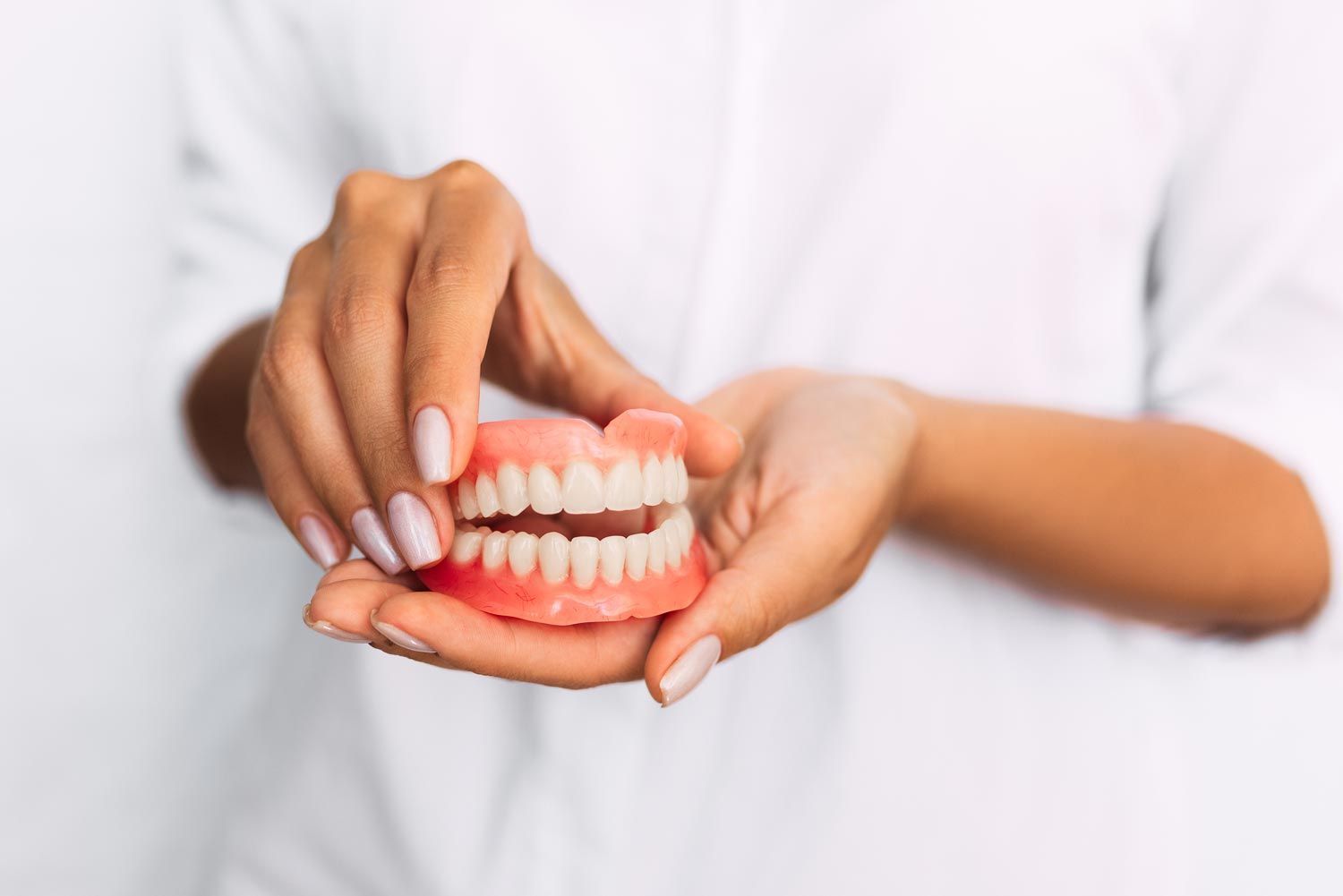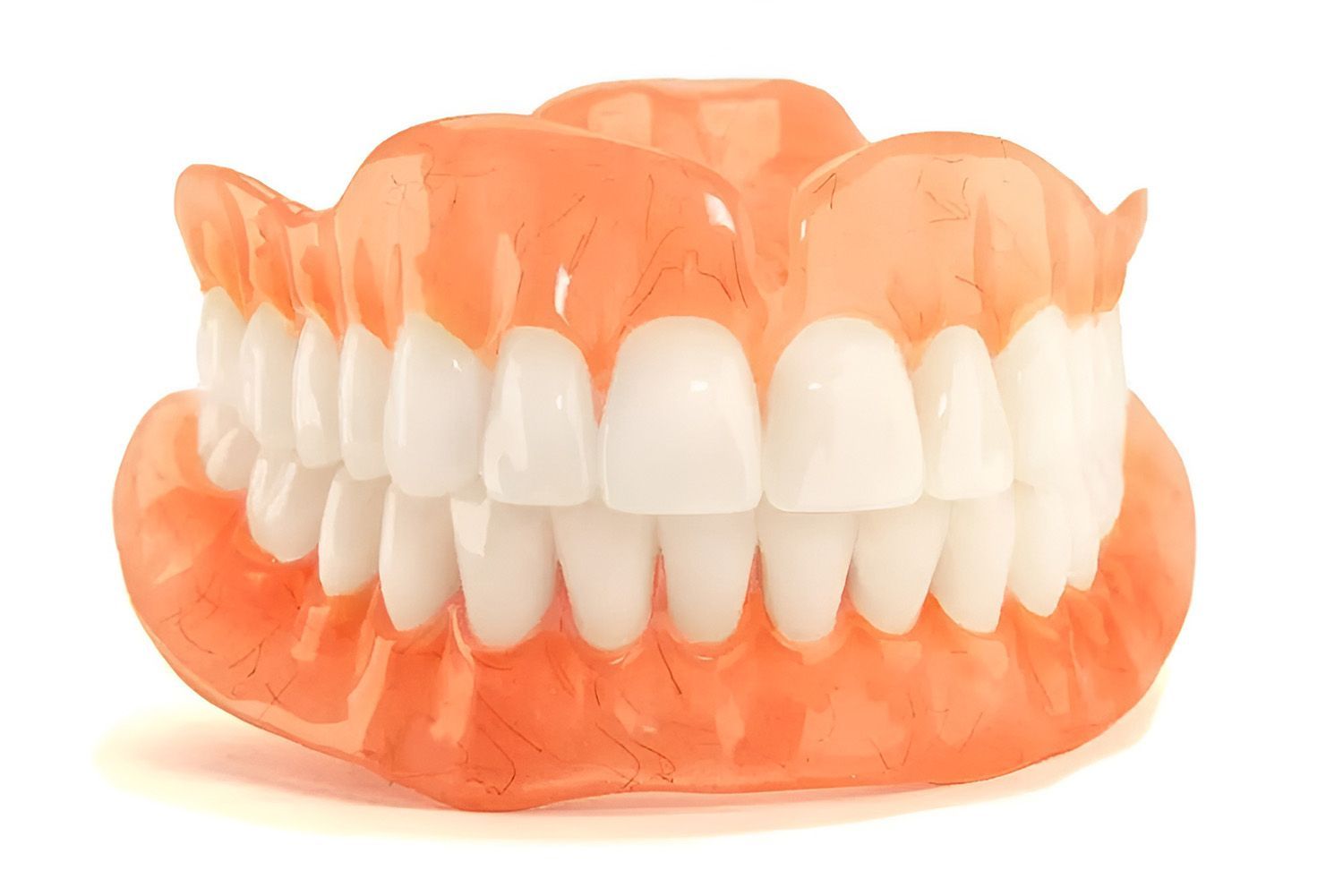Dentures Vs Dental Implants: Which Is Better For You?
Tooth replacement is an important decision that often involves comparing different treatment options. Dentures and dental implants are two commonly discussed methods, each with features that may suit different needs and situations. Factors such as oral health, bone structure, daily habits, and long-term maintenance often influence which option may be appropriate. This article outlines how dentures and dental implants differ across areas such as fit, care, and treatment approach, offering a general overview for those considering their choices.
Table of Contents
- Understanding the Basics: What Are Dentures & Dental Implants?
- Comfort & Fit: Which Feels More Natural in the Mouth?
- Bone Health & Longevity: How Each Option Supports Your Jaw Over Time
- Maintenance & Daily Care: What’s Involved in Looking After Them?
- Aesthetic Considerations: Which Option Offers a More Natural Appearance?
- Suitability & Health Factors: Who Is a Candidate for Each Option?
- Treatment Timeline: What to Expect From Start to Finish
- Making the Right Choice: Questions to Discuss with Your Dentist
- Dentures vs Dental Implants: Explore Your Options Today
Understanding the Basics: What Are Dentures & Dental Implants?
Dentures are removable prosthetic devices designed to replace missing teeth. Depending on the number of teeth being replaced, they can be partial or full. Traditionally made from acrylic and sometimes reinforced with metal, they rest on the gums and are held in place by suction, clasps, or adhesive.
Dental implants, on the other hand, are small fixtures inserted into the jawbone to support crowns, bridges, or overdentures. They are typically constructed from titanium or zirconia and are designed to function as artificial tooth roots.
Comparison at a glance:
Dentures:
- Removable
- Sit on the gums
- Suitable for partial or full tooth loss
Dental Implants:
- Surgically placed in the jaw
- Support fixed prosthetic teeth
- Require adequate bone structure
Comfort & Fit: Which Feels More Natural in the Mouth?
Many patients are concerned with how a tooth replacement option will feel during everyday activities such as talking and eating. Dentures and implants feel different based on individual anatomy, adaptation, and dental structure.
Things to consider:
Dentures:
- May require a period of adjustment
- Fit may change over time due to gum and bone changes
- Adhesives may be needed to improve retention
Dental Implants:
- Designed to remain fixed
- May provide more stability during chewing
- Typically not removed for cleaning
Bone Health & Longevity: How Each Option Supports Your Jaw Over Time
Tooth loss can affect the jawbone over time. Without stimulation from a natural tooth root or similar structure, the jawbone may gradually change shape. This can affect the fit of dentures and the appearance of the face.
Key considerations:
Dentures:
- Rest on soft tissues, not connected to bone
- May not provide stimulation to maintain jawbone shape
- Can require relining or replacement due to changes in fit
Dental Implants:
- Placed into the bone and may integrate with it
- Designed to provide similar stimulation to that of natural roots
- Suitability depends on bone quality and quantity
Maintenance & Daily Care: What’s Involved in Looking After Them?
Both dentures and dental implants require daily care, but the routines are quite different. Maintenance plays a key role in the longevity and function of either option.
Maintenance overview:
Dentures:
- Must be removed and cleaned daily
- Should be soaked overnight in an appropriate solution
- Require regular check-ups to assess fit
Dental Implants:
- Brushed and flossed like natural teeth
- May need interdental brushes or specialised flossing tools
- Require ongoing professional cleaning and monitoring
Aesthetic Considerations: Which Option Offers a More Natural Appearance?
For many people, the appearance of their replacement teeth plays an important role in choosing a treatment. While both dentures and dental implants are designed to restore the smile, the way they are constructed and how they interact with the gums and facial structure can influence the final look.
Visual differences:
Dentures:
- Can look natural when customised correctly
- The gum base may be visible when speaking or smiling
- Fit can affect how seamless they appear
Dental Implants:
- Support crowns that are individually crafted
- Do not require a visible acrylic base
- May allow for more natural tooth positioning
Suitability & Health Factors: Who Is a Candidate for Each Option?
Tooth replacement options like dentures and dental implants are influenced by more than just preference—they often depend on a person’s oral and general health, the condition of their jawbone, and what they’re hoping to achieve from treatment. No single approach suits everyone, and various factors will guide what may be recommended in a dental setting.
Suitability checklist:
Dentures may suit those who:
- Prefer a non-surgical option
- Have experienced significant bone loss
- Are looking for a removable solution
Dental implants may be considered by those who:
- Have adequate bone support
- Are comfortable with surgical procedures
- Prefer a fixed option
Ultimately, a dentist will assess medical history, oral health, and lifestyle before recommending any treatment plan.
Treatment Timeline: What to Expect From Start to Finish
Understanding how long each treatment takes is helpful when planning for tooth replacement. The timeline can vary depending on oral health, whether additional procedures are needed, and how well the body responds during the healing process. While dentures are typically completed over a shorter period, dental implants usually follow a staged approach that spans several months.
General timeline overview:
Dentures:
- Impressions taken after healing from extractions (if needed)
- Fabrication of dentures over several appointments
- May be fitted within weeks
Dental Implants:
- Consultation and planning are required first
- Surgery to place the implant, followed by a healing period
- Final restoration may take several months
Making the Right Choice: Questions to Discuss with Your Dentist
Choosing between dentures and implants is a personal decision. Each option has benefits and limitations that may weigh differently depending on the individual. It’s helpful to come prepared with questions to explore the most appropriate pathway.
Suggested questions for your consultation:
- What are the pros and cons of each option in my case?
- Do I have sufficient bone for implants?
- How long would each treatment take for me?
- What type of care and maintenance will be needed?
- What are the long-term expectations for both options?
Dentures vs Dental Implants: Explore Your Options Today
At Buderim Family Dental, we understand that choosing the right tooth replacement option is a significant decision. Our team can provide detailed assessments and information tailored to your unique dental needs. Whether you're exploring dentures, dental implants, or other restorative options, we're here to support you every step of the way.
Give us a call or get in touch via our
contact page to book your consultation and take the next step towards restoring your smile with confidence.













